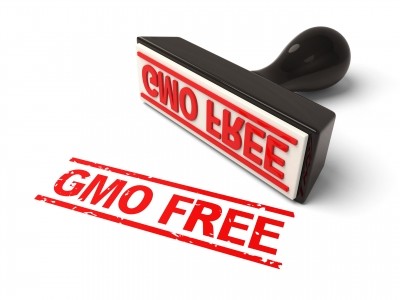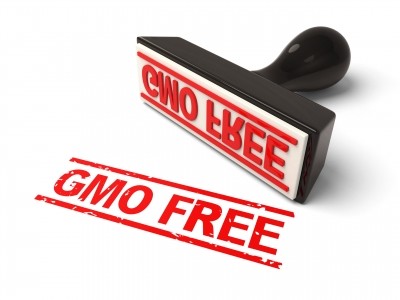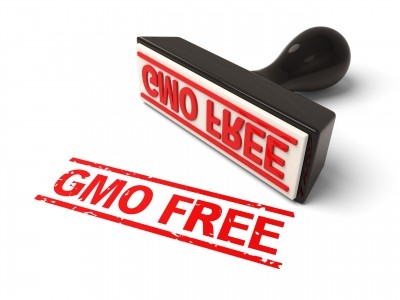Time running out for a federal GMO bill, warns US feed industry

The American Soybean Association (ASA), American Feed Industry Association (AFIA), National Milk Producers Federation (NMPF) and the Coalition for Safe, Affordable Food are among the groups to recently repeat a call for federal action on the labeling requirements for products that include genetically engineered (GE) or genetically modified (GMO) ingredients.
As of Friday [June 17] , there were six days left on the legislative calendar for Congress to pass a federal measure, added the ASA.
Concerns about the Vermont law going into effect include the path it may set for other states, said Leah Wilkinson, vice president of legislative, regulatory and state affairs with AFIA.
The Vermont law could bring fiscal danger and uncertainty for farmers, cause a potential increase in feed prices and generates concerns about what future labeling efforts would include, said the organizations.
“Without a federal labeling solution, states have the ability to require animal food products, just the same as human food products, to identify genetically engineered ingredients via a label or other means,” said Wilkinson. “Vermont excludes animal food from their law; however, we have already seen other states introduce language that includes feed and pet food products.”
“If each individual state is allowed to make their own regulations surrounding GE labeling, the high cost of restructuring a company’s labeling system and potential sourcing changes (among many other negative effects), instills the threat of putting feed manufacturers—especially the smaller, local companies—out of business,” she told FeedNavigator.
ASA said that the labeling process could damage the market for crops that had been genetically engineered or made with biotechnology. “Farmers will lose, and ultimately consumers will lose as a safe and valuable tool for sustainable food production is driven from the marketplace by activists who got a state to pass ill-conceived legislation that devastates farmer livelihoods and raises food costs for all Americans,” added Steve Censky, ASA CEO.
“The lack of Senate action really threatens the livelihoods of the farmers we represent,” he said. “Their crops are in the ground and growing, and they have leveraged their farms to take out operating loans in a depressed agricultural economy.”
Process and Vermont law
Although the US House of Representatives previously passed a voluntary labeling measure addressing products with genetically engineered ingredients, a similar bill in the Senate failed to pass in March.
The Vermont law that requires the labeling of genetically engineered ingredients or products is set to take effect on July 1. However, that state regulation does not require animal products like milk or meat to be labeled.
The law finds that there is no federal law that covers the labeling of food produced with genetic engineering and that such food should be labeled for several reasons including personal, health, religious and environment factors.
The ruling requires manufacturers to label packaged products with a label stating they are produced or partially produced with genetic engineering, depending on the ingredients and that such products not carry a label saying they are natural. When such commodities are not packaged, the retailer is required to post signage on the shelf or bin.
Federal rule push
A shift towards the labeling of feed that includes genetically engineered ingredients could be prevented with one, consistent federal rule, said Wilkinson. “The feed industry wants to be transparent with the American consumer, but we strongly believe a federal standard is more beneficial for all—farmers, feed companies, retailers, and consumers,” she added.
States also could choose to require labeling for animal products when animals are fed a diet containing genetically modified ingredients, she said. “However, we do not believe these types of products need to be labeled, as they do not harbor any source of the GM materials once consumed by the animal,” she added.
Food is marketed on a national level, so there needs to be a corresponding national plan for labeling requirements said Chris Galen, senior vice president of communications with NMPF. “We will not have a coherent food marketing system if it is regulated by a variety of state laws each defining and regulating the presence of GMO ingredients,” he added.
“Apart from preemption of state laws, what we need a federal standard to specify is this: that just because cows and other livestock may consume grains and crops made with biotechnology, there is no difference in the meat and milk from those cows, and thus no reason to require labeling connecting the use of GMO feed with the presence of GMO traits in milk,” he told us. “Meat and milk from cows fed biotech crops do not contain genetically-modified traits.”
Another concern is what multiple state laws may mean for feed and feed usage, he said. And, farmers are increasingly likely to move away from using biotech seeds, despite knowing they are safe.
“Right now we’re mostly faced with confusion and uncertainty,” said Galen. “And in the absence of federal action, we’re seeing more individual companies create their own label claims, such as what Dannon said it will do in the future in requiring only non-biotech crops to be used in the dairy cows that supply the company with its milk.”












